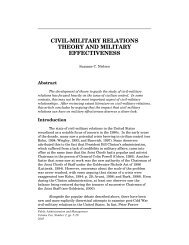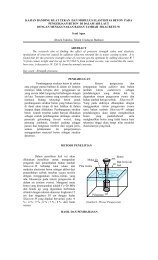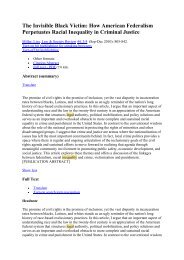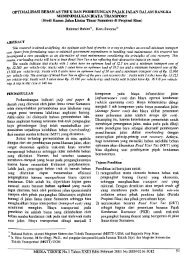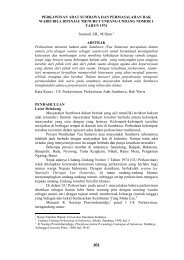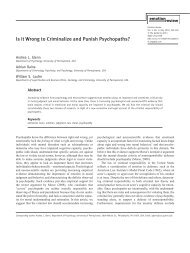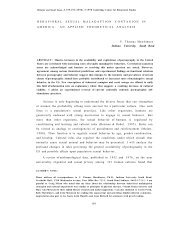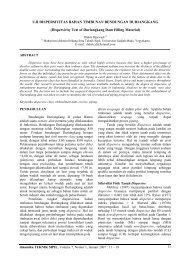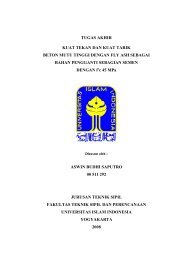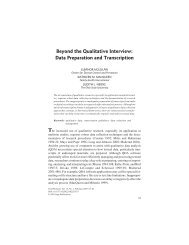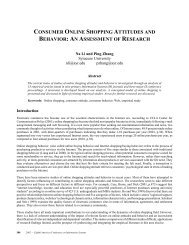Foreign Investment Strategies and Sub-national ... - E-Journal
Foreign Investment Strategies and Sub-national ... - E-Journal
Foreign Investment Strategies and Sub-national ... - E-Journal
Create successful ePaper yourself
Turn your PDF publications into a flip-book with our unique Google optimized e-Paper software.
tasks, or individuals may seek to use their power to obtain personal benefits, which could increase<br />
corruption. Hence, local institutions moderate both the importance of business networks <strong>and</strong> the ease of<br />
access to complementary resources.<br />
<strong>Foreign</strong> investors clearly interact with complex local institutional settings. In particular, they have to find<br />
ways to access resources that they usually acquire through markets, possibly by partnering with local firms.<br />
In the next section, we explore how this may affect their entry strategies.<br />
3. Hypothesis Development<br />
Theoretical work on institutions suggests important influences on corporate strategies exist, but they are not<br />
fully explained. The institutional development affects many aspects of foreign investors’ entry strategies. To<br />
keep the discussion manageable, we focus on two aspects only: in-country location <strong>and</strong> entry mode. To apply<br />
institutional theory, we combine institutional arguments with mainstream literature on entry strategies. We<br />
briefly review the pertinent literature on FDI location <strong>and</strong> entry modes before presenting our hypotheses.<br />
Institutional theory is still a relative newcomer in inter<strong>national</strong> business research, <strong>and</strong> scholars are<br />
exploring how to express theoretical statements <strong>and</strong> hypotheses. The general principles of this new theory<br />
can be expressed in general propositions. However, the testing of these general principles has to find proxies<br />
that are suitable in the given specific context. We first provide two general propositions, from which we<br />
derive hypothesis that are testable in the specific context of Vietnam.<br />
3.1. Institutions <strong>and</strong> Location Strategy<br />
Institutions constitute a key part of locational advantages, which in turn are one of the three pillars of the<br />
OLI paradigm (Dunning 1993). This paradigm states that firms would undertake FDI if they can combine<br />
ownership advantages (O) <strong>and</strong> locational advantages (L), while internalisation incentives (I) favour an<br />
internal mode over a contractual mode of entry. However, recent research has focused on the O aspects as<br />
drivers of inter<strong>national</strong> business <strong>and</strong> I incentives for explaining organizational modes. Therefore, Dunning<br />
(1998) called location the “neglected factor of the OLI paradigm”. When studying the location decisions of<br />
11



